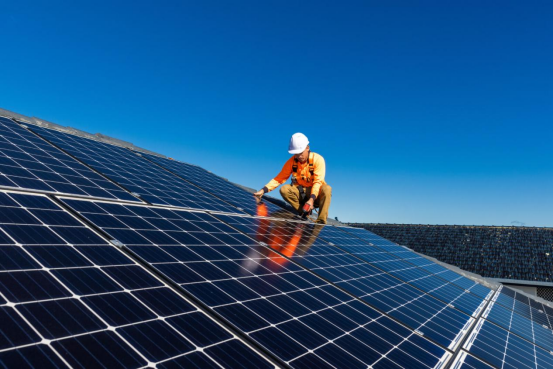It's no secret that energy costs can eat up a large portion of our monthly budgets. With the cost of electricity on the rise, many homeowners are looking for ways to cut back on their expenses while also reducing their carbon footprint. One cost-effective solution that's becoming increasingly popular is installing solar panels for your home.

Not only do they provide renewable and sustainable energy, but they can also significantly reduce your energy costs in the long run.
So how much should it cost to install a cost-effective solar system for your home? The answer can vary based on a number of factors, including the size of the installation, the type of panels used, and the cost of installation. On average, a solar system for your home can cost anywhere from $10,000 to $30,000. However, with government incentives, tax credits, and energy savings potential, the overall cost can be significantly reduced over time.
When considering the cost of a home solar system, it's important to consider the potential energy savings. With solar panels installed, you can generate your own electricity, reducing or even eliminating your reliance on the grid. This means your monthly electricity bills can drop significantly. The amount you save depends on several factors, including your location, your energy usage, and the efficiency of your solar panel system.
Additionally, many governments and local utility companies offer incentives to encourage homeowners to switch to solar. These incentives include tax credits, rebates, and grants that can offset a large portion of the initial investment. It's worth researching the incentives in your area to see how much you can save.
Another factor that affects the cost of a home solar panel system is the type of panels used. There are a variety of options to choose from, from monocrystalline to polycrystalline to thin-film modules. Each type has its advantages and disadvantages, including efficiency, durability, and cost. It's important to do thorough research and consult with a solar panel expert to determine which type of panel is best for your specific needs.
In summary, while the initial cost of a residential solar system may seem daunting, the long-term savings and environmental benefits may far outweigh the investment. By reducing energy costs, taking advantage of incentives, and carefully choosing the right type of solar system, homeowners can reap the benefits of renewable energy while reducing their monthly expenses. So why not explore your options for installing a cost-effective residential solar system today?





